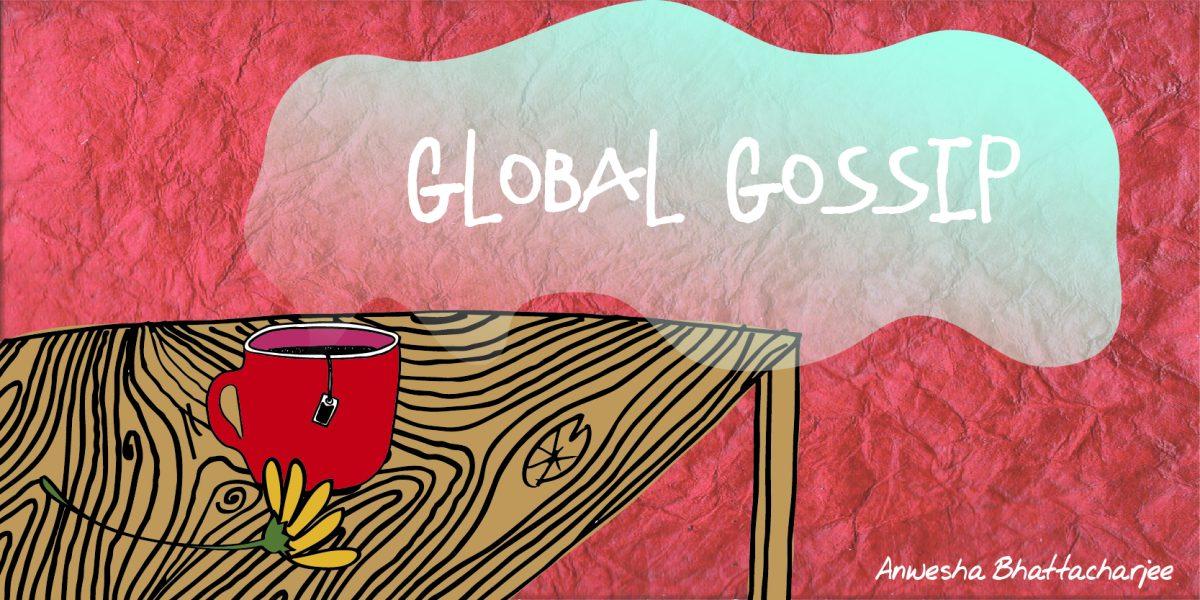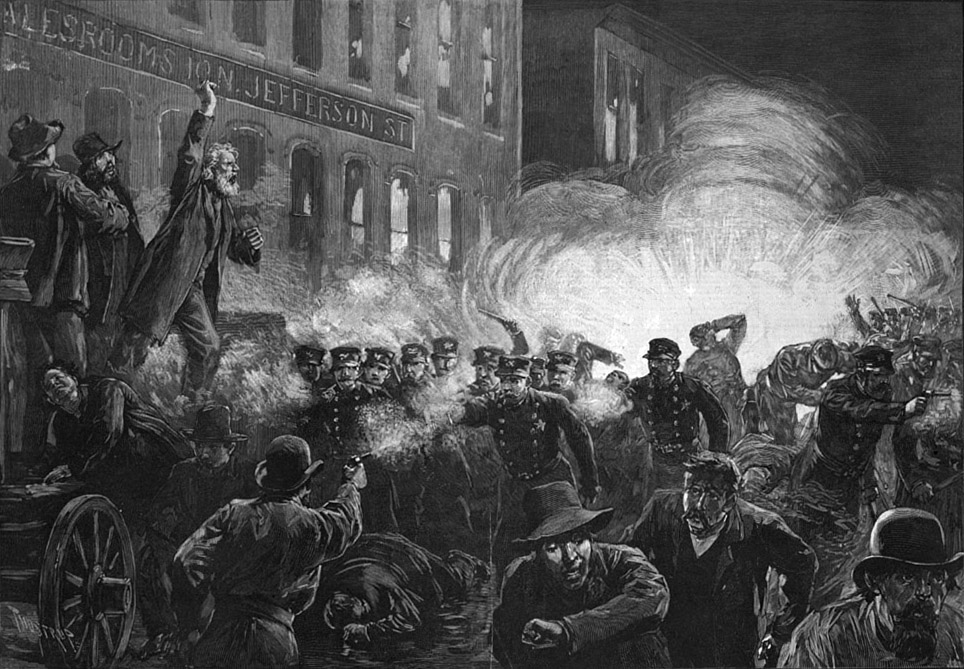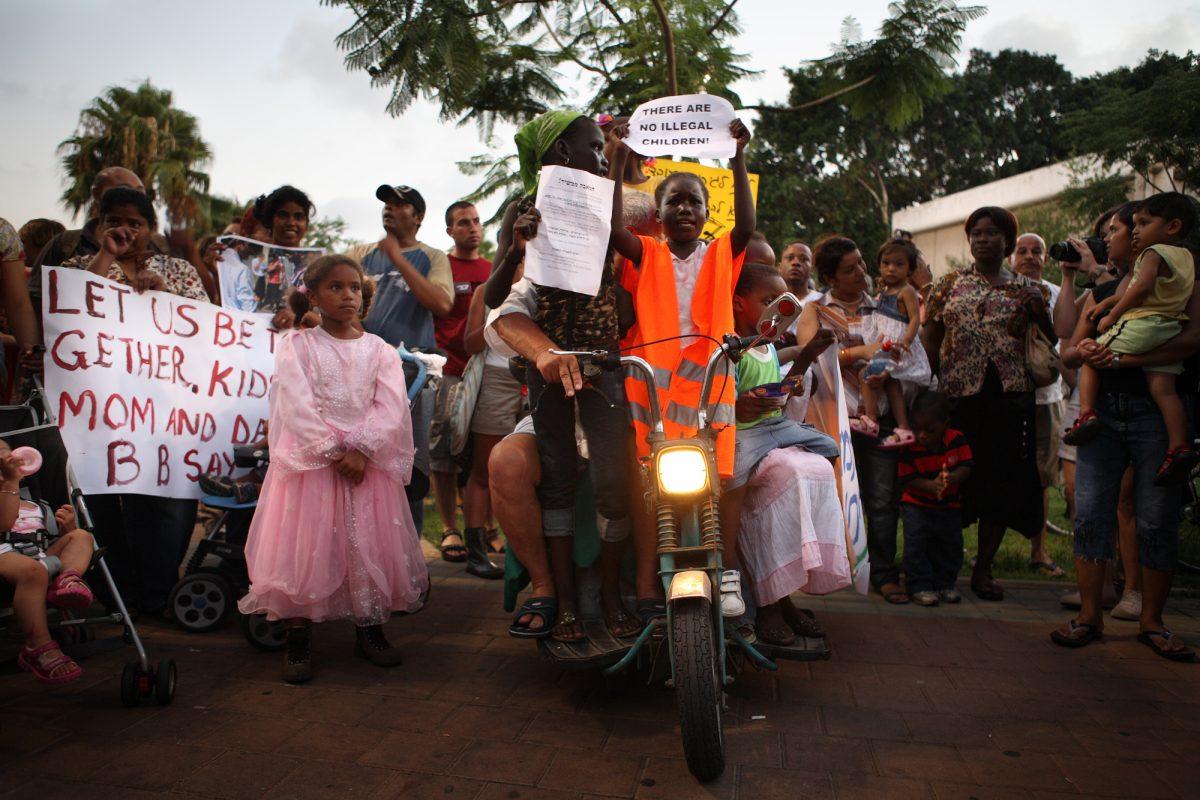If you haven’t kept up with world news, and most of us haven’t because the semester’s winding up and all hell is breaking loose, then you don’t know about the 5,000 immigrants who’re living in fear in South Africa.
t. Most of these immigrants are asylum seekers and refugees who’ve run away from their own countries and created a life for themselves in the relatively well-to-do and more economically developed South Africa.
Following rioting in Durban over these foreigners which left six dead, all of South Africa is divided into those that want to protect the immigrants and those that don’t.
Locals that want the immigrants gone, arguably xenophobes, claim immigrants, wait for it …, “took all their jobs.”
If you haven’t seen the South Park episode, or you don’t know anything about President Obama’s immigration reforms, then you don’t know what I’m talking about at all.
If you do follow that kind of news here back home, then you’ll know that most people that don’t want immigrants or immigration reform are people who raise similar issues — lack of opportunities and jobs — as the reason for their opposition.
Around the world, this problem of immigrants and their protection is a two-fold issue. People move to lore lucrative countries or provinces in search of jobs and a livelihood, and the locals develop a perception that they would be better off without the influx of people from outside.
South Africa is wealthier than most other African nations and there are, indeed, many more options of making money there as opposed to other neighboring nations. The other nations, in fact, are a little envious and suspicious of the prosperity in the southern most nation of the continent.
However, the conundrum of a growing economy is its capability to absorb more people and grow faster. What the locals don’t understand is that the more people that come into the economy, the bigger the market for products and services grows, leading to the creation of more jobs.
A competitive market flushes out the less skilled, no doubt, but it also aids in sustained growth which is what we want for our countries.
Then again, I come from a family of immigrants for three generations now.
My great grandparents grew up in what is now Bangladesh. My grandparents made their home in north-east India after the partition of 1947. My parents moved to New Delhi, a strange cosmopolitan city— culturally diverse yet condescending toward other cultures — and I grew up a Delhite.
Now, here I am, in the United States, an immigrant myself.
All my life, I have heard stories of conflict and persecution that my family has faced. But I have also seen my family grow far ahead of its times and deal with many more struggles than most others who have never ventured out beyond their comfort zones.
I can’t speak for those that watch their towns flooded by immigrants, but I can vouch for one fact — hatred toward immigrants such as what has been unleashed in South Africa, and what I’ve seen in the inter-cultural clashes in India at times, only breeds more hatred everywhere else.
We forget, even as we inflict pain upon others, that some of our own live in foreign lands and will suffer from an equivalent backlash eventually.
In our selfishness, we somehow miss the seventh grade science lesson where they taught us Newton’s third law — every action has an equal and opposite reaction.












